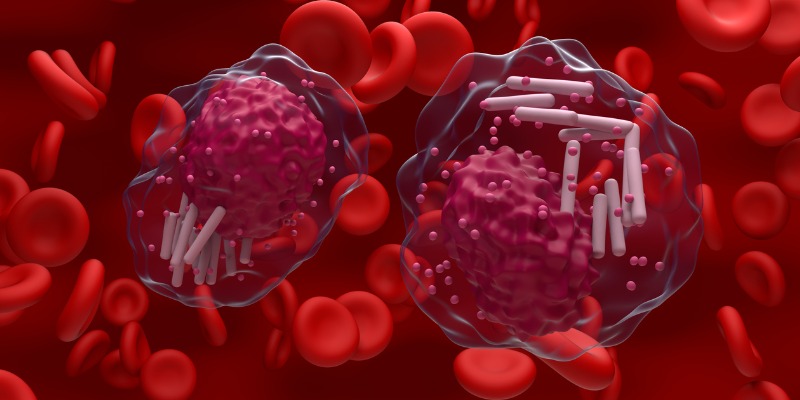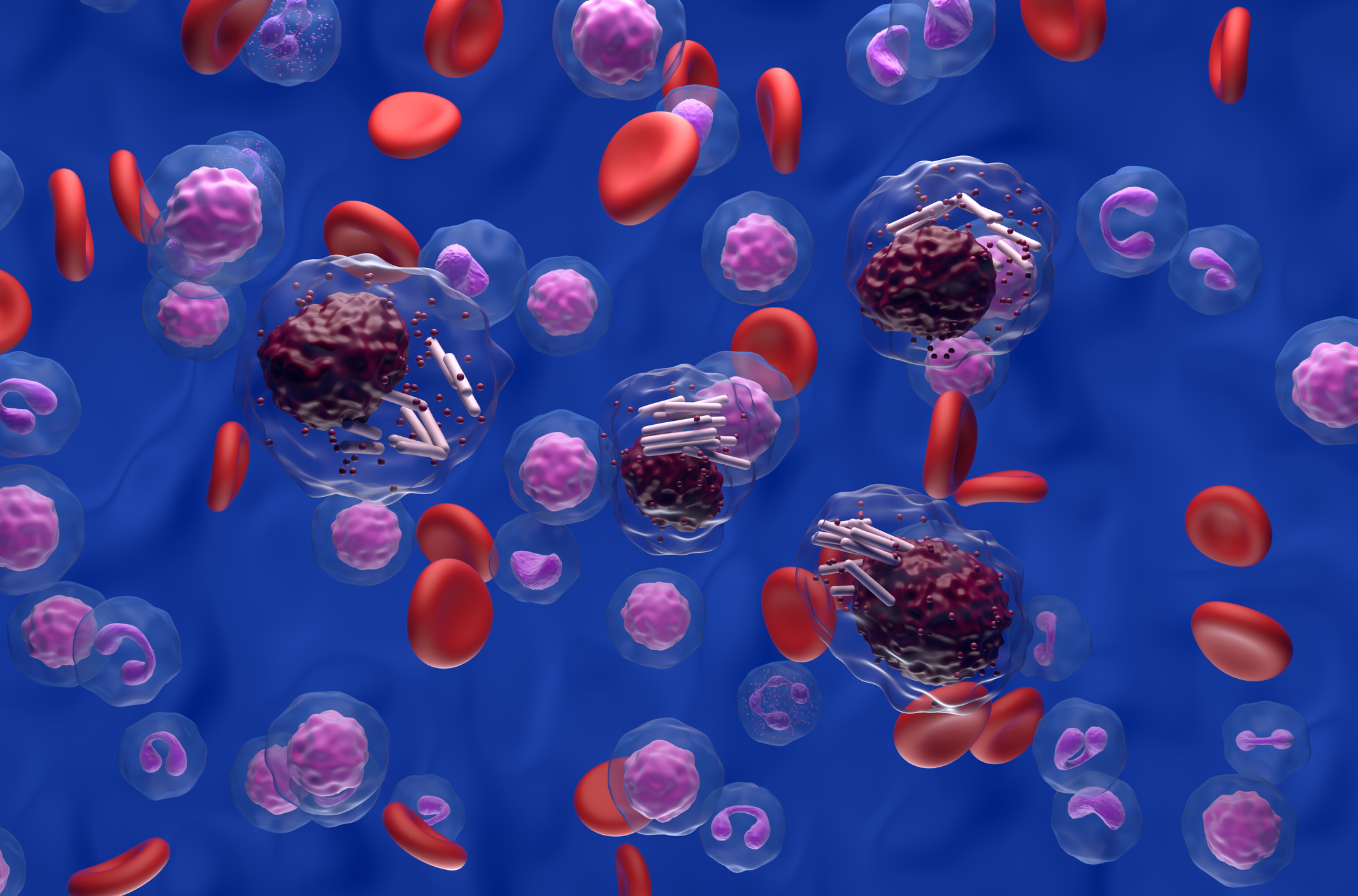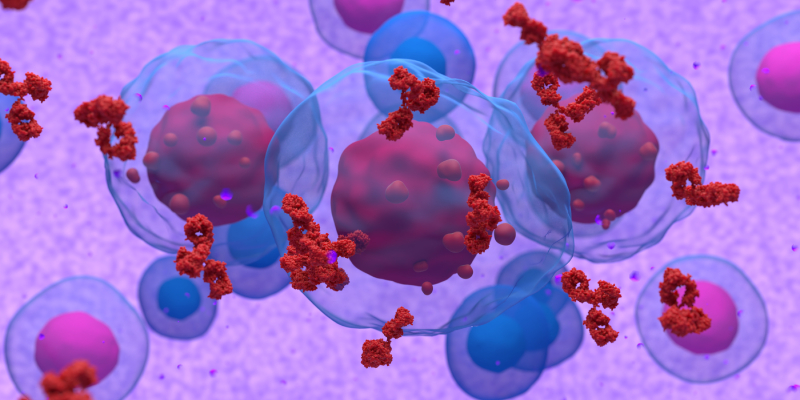Justin Taylor, MD, on Overcoming BTK-Resistant Mutations in CLL
By Justin Taylor, MD - Last Updated: February 14, 2024Dr. Taylor, a physician-scientist at the University of Miami Sylvester Comprehensive Cancer Center, discusses his study on overcoming Bruton’s tyrosine kinase (BTK)-resistant mutations in chronic lymphocytic leukemia (CLL) by using BTK-degrader therapies.
The study included a combination of laboratory research and a phase I clinical trial, according to Dr. Taylor.
First, Dr. Taylor and colleagues defined mutations that develop resistance to BTK inhibitors used for CLL and other lymphomas.
“In understanding how these mutations work, we discovered that some of them cause a new function of BTK,” said Dr. Taylor. “They actually decrease the kinase activity, but increase the ability of BTK to act as a scaffold for other kinases to come and bind to and increase signaling in the leukemia cells, thus making patients resistant to the noncovalent BTK inhibitors and other BTK inhibitors.”
Next, in the phase I clinical trial, Dr. Taylor and colleagues evaluated the BTK degrader NX-2127, which achieved clinical responses in 79% of patients.
“We were able to degrade BTK regardless of the mutation type and kill the CLL cells,” he explained.
Finally, Dr. Taylor described what’s next in this line of research.
“We’d like to further understand exactly how those [kinases] are binding to BTK, and potentially there could be a way to block that binding other than just degrading BTK,” he concluded.






 © 2025 Mashup Media, LLC, a Formedics Property. All Rights Reserved.
© 2025 Mashup Media, LLC, a Formedics Property. All Rights Reserved.